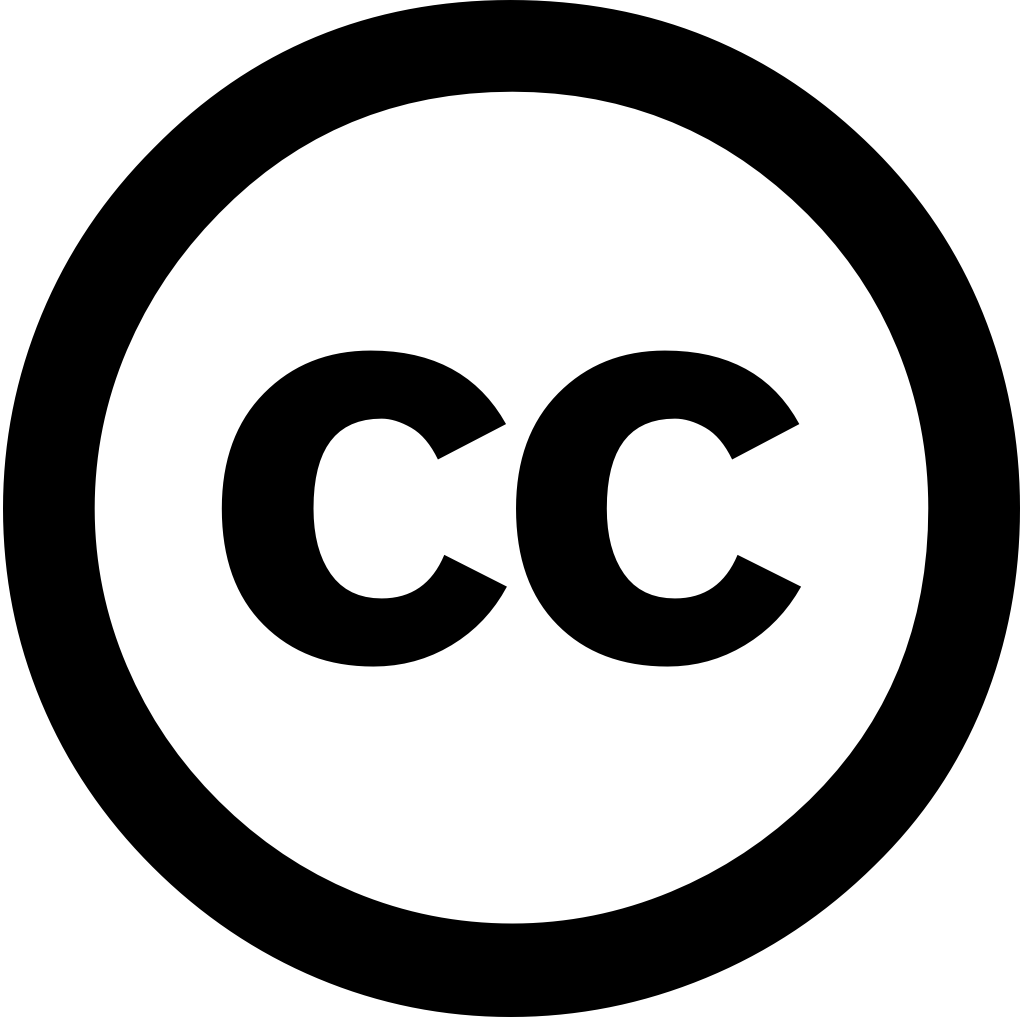#recession
“Never believe in help from abroad, never on help from outside our own nation, our own people,” #Hitler said. “The future of the German people is to be found in our own selves.”
Hitler did not refer specifically to the #TradeWar he had launched that afternoon, just as he did not mention the rearmament plans he had discussed w/his cabinet the previous day.
#Hitler launched his #TradeWar on the second Friday of his chancellorship. That evening, he appeared in the Berlin Sportpalast, the city’s largest venue, for a rally in front of thousands of jubilant followers. It was his first public appearance as chancellor, & it served as a victory lap. Hitler dispensed with the dark suit he wore in cabinet meetings in favor of his brown storm-trooper uniform with a bright-red swastika armband.
The #Hitler #tariffs, announced on Friday, Feb 10, 1933, stunned observers. “The dimension of the tariff increases have in fact exceeded all expectations,” the Vossische Zeitung wrote disapprovingly, proclaiming the moment a “fork in the road” for the German #economy. It appeared that Europe’s largest & most industrialized nation would suddenly be returning “to the furrow & the plow.” The New York Times saw this for what it was: “a #TradeWar” against its European neighbors.
…as one critic observed…the international #trading system had been in place for 200 years & proved itself beneficial to all parties. #Hitler’s proposed “national economy,” with its self-defeating #tariff policies, would plunge the country into a “severe crisis” that could cost hundreds of thousands of jobs. And that was even before any damage wreaked by retaliatory #tariffs.
Hans Joachim von Rohr, who worked at the Reich’s nutrition ministry, went on national radio to explain the logic of #Hitler’s #tariff strategy. “The products that Germany lacks must be made more expensive; then farmers will produce them in sufficient quantities,” Rohr explained. “And if foreign competition is kept at bay by tariffs & the like, city residents will prefer domestic production.” Rohr offered lard—“Schmalz”—as an example.
…As chancellor, #Hitler left his own plans for the German #economy intentionally vague. His chief priority, as he told his ministers, was to secure an outright majority in the March 5 Reichstag elections. Hitler calculated that he needed between 18 million & 19 million votes. “There is no economic program that could meet with the approval of such a large mass of voters,” Hitler told party leaders.
But #Hitler made no effort to reassure the #markets, insisting that the #tariffs were necessary & that he needed time to fix the ruined country his predecessors had left him. “Within 4 years the German farmer must be saved from destitution,” Hitler said in his first national radio address as chancellor. “Within 4 years unemployment must be completely overcome.” Hitler provided scant details as to how this was to be accomplished.
Hamm went on to explain to #Hitler that even though Germany imported more agricultural products than it exported to its European neighbors, these countries provided #markets for German industrial production. (At the time, Germany imported on average 1.5 billion reichsmarks annually in agricultural products, while exporting an average 5.5 billion reichsmarks in industrial & manufactured goods.)
Eduard Hamm, a fmr economics minister who served on the board of the German Industry & Trade Assn, dispatched a stern letter to the new chancellor instructing him on the “legal, economic & psychological prerequisites for building capital.” The free-market system, Hamm reminded #Hitler, was based on trust, the rule of #law, & adherence to contractual obligations.
But rumors of potential #tariffs & the abrogation of international agreements, along w/Hitler’s challenges to the #constitutional order, sent alarm bells clanging. The conservative Centre Party warned Hitler against “unconstitutional, economically harmful, socially reactionary & currency endangering experiments.”
Thus #Hitler’s main economic task as chancellor was not to mess things up. The German #StockMarket had rallied on news of his coming to power. “The Boerse recovered today from its weakness when it learned of Adolf Hitler’s appointment, an outright boom extending over the greater part of stocks,” The New York Times reported.
Our fellow Germans must “be protected from foreign competition,” Feder wrote.
Even though #Hitler’s own foreign minister, Konstantin von Neurath, was concerned that the strategy would spark a #TradeWar, & could drive up the price of imported #eggs by 600 percent, Feder’s tariffs fit into Hitler’s larger vision for “liberating” the German people from the shackles of a *globalized* world order.
With several #trade agreements about to expire, Hitler’s #finance minister, Count Johann Ludwig Graf Schwerin von Krosigk, insisted that “immediate decisions” needed to be made. #Hitler told his cabinet he had only one priority—to avoid “unacceptable unrest” in advance of the March 5 Reichstag elections, which he saw as key to his hold on #power.
#CEUM
#CETA
#GeoPol #TrumpCoup #TrumpTariffs
#USpol #CANpoli #EUpol
(6/n)
... security wise deteriorating global environment.
How to integrate swiftly: #CEUN
A new #FreeTradeArea (#FTA) encompassing #Canada, #Europe, and #Mexico could offset the #TrumpTradeWars induced #Recession going forward.
Time is of the essence.
It might be an idea to ratify #CETA and the newly renegotiated #GlobalAgreementWithMexico ASAP.
Then, a deepening of this FTA, similar to...
Enjoy the #inflation; the #recession is going to be a bitch!


